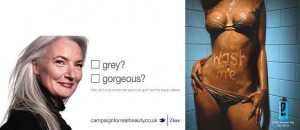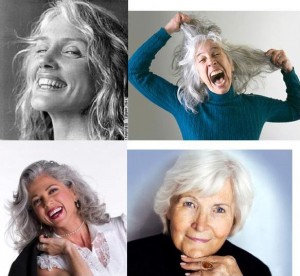by Sim Badesha
It is no secret that society views youth much more highly than old age. It’s also a fact that older men are looked upon much differently than older women. Older men are treated as wisdom, status, and physically they can still be seen sexy while older women can’t. After Madonna’s performance at the Super bowl was seen on YouTube, the comments went rampant, focusing on her age and how she should quit the business. Barbara MacDonald, an American radical feminist, stated that during a “Take Back the Night” march (to end violence against women) a young feminist asked her if she would be able to keep up with the rest of the marchers. MacDonald’s anger was justified at the fact that she put up with discrimination through her life because she was a woman, and now she face discrimination from other women because she was old now (Mandell, Duffy, & Wilson, 2010). Women are taught to avoid aging. We begin in our 20’s, claiming to be a year or two younger than we actually are. The media makes it very clear to us that aging means we will lose our physical and sexual attractiveness; two qualities that are reinforced as being very important to our existence. The stereotyping of women’s age brings with it more than sagging breasts and droopy eyes. Women face a decline in health, economic marginalization, and social stigmatization (Mandell, Duffy, & Wilson, 2010). I’m sure you must have heard terms such as “cat-lady”, “meddling mother-in-law”, “spinster”, “old bag”.
The Dove ads gained attention due to their age positive message. Yet, the same company that owns Dove also owns Axe.
Here’s a crazy thought; think of all the benefits of aging. One of the most profound points I can think of is that I learned to accept myself with age. I am finally having enough of what the media thinks I should look like. It does scare me that Madonna is supposedly too old now. If she looks bad, looking like that…
I’d rather see more of these images below, than more wrinkle solution ads for women.





